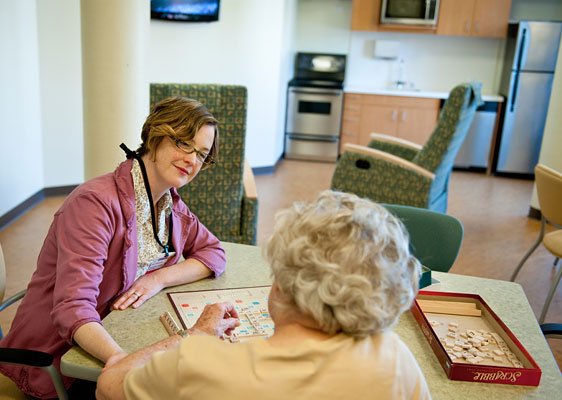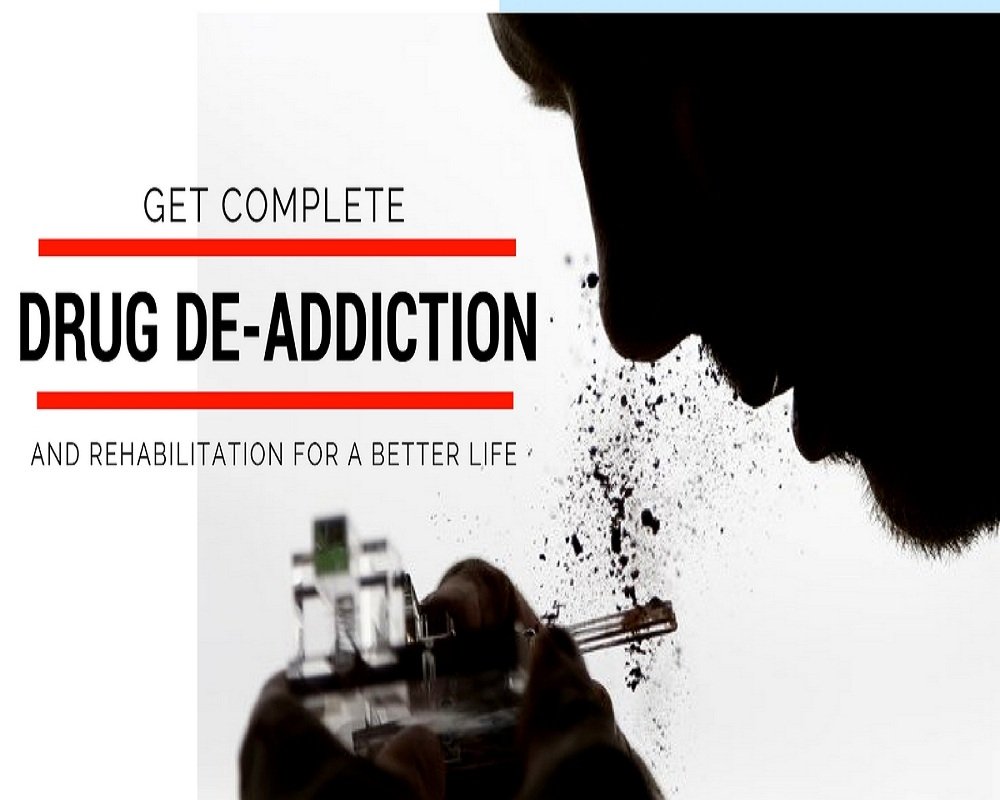1. CHILD PSYCHIATRY

Child and adolescent psychiatry is a specialty within psychiatry working with children and young people up to the age of 18, and their families.
Working as a child and adolescent psychiatrist provides an opportunity to make a significant difference to the lives of the next generation. It is an interesting and challenging specialty which has seen tremendous developments over the last two decades and is continuing to make great strides forward.
Working with children and young people means that early intervention at this critical period is possible with the potential for making a lifelong difference to those being seen. 75% of adult mental health problems have started in before the age of 18, and there is evidence that early interventions can reduce the likelihood of mental disorders in adulthood.
Child and adolescent psychiatry combines the rigours and science of medicine, with the art and creativity of therapy. The ability to advocate for young people and improve public mental health, both add dimensions to the work that mean the possibilities are bountiful.
Working in child and adolescent psychiatry is both varied and rewarding. There are many approaches to treatment, ranging from cognitive behavioural therapy to family therapy. Medication and admission to an inpatient unit may occasionally be used, but this is less frequent than for adult mental health services.
Child and adolescent psychiatrists believe in the importance of family and community and this is reflected in service provision. The work emphasises a multidisciplinary and multi-agency approach. This means collaborating with colleagues with skills in different areas, or with partners from other organisations such as schools, social services, hospitals, or the police. Consultation with other agencies is an important part of the work, to ensure integration of interventions at all levels.
Child and adolescent psychiatrists see a great variety of patients from all walks of life. Young people present with many different problems, including:
NEURO-DEVELOPMENTAL PROBLEMS ARISING IN CHILDHOOD:
- Attention deficit hyperactivity disorder (ADHD)
- Autism and learning disability
- Tic disorders
EMOTIONAL AND BEHAVIOURAL PROBLEMS:
- Disruptive Behaviour
- Feeding and Toileting Difficulties
- Depression
- Anxiety and OCD (obsessive compulsive disorder)
- Response to trauma or life adjustment (such as domestic violence and divorce)
- Attachment Disorders
OTHER SIGNIFICANT MENTAL HEALTH PROBLEMS:
- Eating disorders
- Psychosis
- Self-harm and attempted suicide
2. GERIATRIC PSYCHIATRY

Geriatric psychiatrists can greatly improve quality of life for patients who have mental illnesses and for their families. Geriatric psychiatrists specialize in the diagnosis and treatment of mental health issues that occur more commonly in older patients, such as dementia, depression, anxiety, late life addiction disorders and schizophrenia.
Geriatric psychiatrists are trained to help patients with these concerns and with mental disorders such as depression, anxiety, bipolar disorder, schizophrenia and alcohol/substance abuse, which can happen at any age. The geriatric psychiatrist uses knowledge of biological, psychological, and social factors in working with patients. Because older patients often face physical as well as mental health issues, geriatric psychiatrists strive to treat the patient as a “whole” person. They take into consideration a patient’s overall health and emotional state, as well as available social supports.
OLDER PATIENTS ALSO MAY BE DEALING WITH MULTIPLE PROBLEMS SUCH AS:
- Grief over the loss of a spouse or lifelong friends.
- Feelings of isolation or lack of purpose.
- Stress over financial issues.
- Fears of illness or death.
- Emotional problems related to health concerns (for example, coping with pain or a cancer diagnosis).
- Problems coping with changes around them.
3. DE-ADDICTION THERAPY

Addiction is the absolute dependency on a particular substance or situation. Substance addiction includes a variety of substances apart from alcohol and drugs. Examples include porn, food, chocolate, nicotine, etc. Situation addiction includes gambling, shopping and sex among others. The problem in our society with addiction is it is treated like a choice than as a major problem faced by an individual. De-addiction is the process of ridding the individual of his dependence on certain substances or activities.
PROCESS
- Rehabilitation psychology studies the process of de-addiction and helps addicts blend with the normal lifestyle. Rehab centers offer several forms of therapy to reduce substance usage.
- Group therapy is always the go to form of therapeutic technique to deal with cases of addiction owing to the common feeling among users that people who aren’t addicted and do not know what they’re going through. In those cases, it is rather important to have support from a group of people who are exactly where they are.
- Family therapy is also essential to make the individual know how their loved ones feel and also remind them of the unconditional support. Some rehab centers also use the horse therapy (focuses on interaction with horses which facilitates emotional and occupational development in patients) which is rather interesting to witness.
- In addition to therapy, rehab centers teach life skills and cooperation. Apart from all this, drugs are also prescribed to deal with addiction along with the weekly scheduled personal therapy sessions
Although an unfamiliar concept in India, halfway homes are the next step after the rehab. The individuals learn different skills and ways to manage themselves outside the house while still continuing their therapy. This is done to make sure one doesn’t relapse right after the rehabilitation has been completed. Most rehabs also suggest support group meetings. Even otherwise support groups are extremely effective in the de-addiction process. ‘Alcoholics Anonymous’ and ‘Narcotics Anonymous’ are two of the most widely managed support groups around the world.